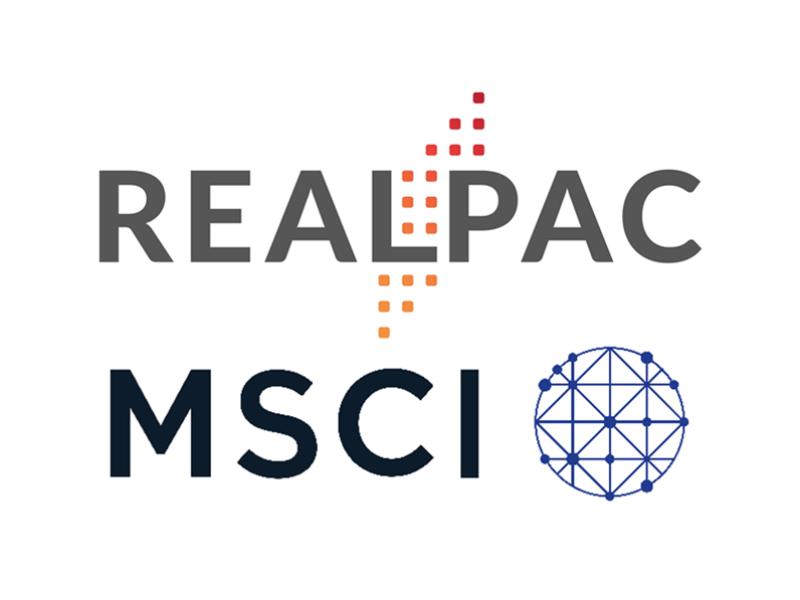
Jon Lofto, CIBC Mellon director, alternatives. (Courtesy CIBC Mellon)
Canada’s large institutional investors are boosting alternative investment holdings and despite relative dissatisfaction with its financial performance, North American real estate is their top priority CIBC Mellon says in a new report.
CIBC Mellon commissioned interviews with senior executives from 50 institutional investors in Canada late in 2018 to understand their strategies for allocating funds to alternative investments: real estate, private equity, hedge funds, private debt and infrastructure — at home and abroad. (Traditional investments, in contrast, would include the holding of public equities or fixed-income assets).
The qualified participants managed at least $330 million in assets. The investors included pension funds, insurance companies, endowments/foundations and investment fund managers.
“The biggest takeaway is that of all the respondents we had, none indicated that they’re going to decrease allocations to alternatives,” said Jon Lofto, director, alternatives with CIBC Mellon in an interview.
He said 58 per cent of respondents planned to increase their alternative holdings over the next 12 months, while the balance would maintain their level of alternative holdings. “Alternatives are going to remain a mainstay in Canadian institutional portfolios.”
The report, called Race for Assets: Canada vs. the World, found real estate remained the most popular alternative with 42 per cent of respondents identifying it as a target for alternative investment.
High demand, low satisfaction
“Real estate has clearly been the dominant sub-asset class in terms of alternatives,” Lofto said. “Real estate is going to continue to have the highest allocation.”
The findings showed 92 per cent of respondents would seek more exposure to North American property.
“I think that’s indicative of it being a safe asset class and a stable market in general across North America,” Lofto said.
“(North America) is clearly the region where Canadian investors, at least, are going to continue to increase their exposure to real estate asset class.”
Real estate as an alternative was trailed by infrastructure (20 per cent), private equity (19 per cent), private debt / loans (18 per cent) and hedge fund investments (1.4 per cent).
The report, however, showed that while they consider it a stable investment and are keen on acquiring more real estate, Canadian investors reported low satisfaction with the performance of their property holdings.
Real estate had the lowest level of performance satisfaction, with just 12 per cent of investors feeling their property holdings out-performed their expectations. That’s paving the way for greater diversification around asset classes and regions.
Private equity satisfaction leader
Private equity led the way in terms of satisfaction, with 47 per cent of respondents saying that asset class performed better than they expected, with the remainder of respondents saying it performed as expected.
The appetite for more alternative investments emerged from the 2008 financial crisis.
“The central banks began to expand their balance sheets, and yields in fixed income instruments were depressed and that left institutional investors, who were traditionally invested in fixed income . . . looking for ways to diversify and find other sources of income,” Lofto said.
“So, they ended up looking to real estate and infrastructure and the alternative asset classes to fill that void.
“Many of the pension plans and institutional investors in Canada have a target allocation to meet within the various alternative sub-asset classes,” Lofto said. “That’s what’s going to drive a continued appetite.”
Other findings in the CIBC Mellon report
Among other findings, Lofto said large Canadian institutional investors are more focused on environmental and social governance. Social factors used to have no place in the business world, but today many businesses want to turn a profit while also engaging in socially positive commerce, the report said.
Respondents said they will continue to search for investment strategies that carry lower fees while seeking more transparency in terms of access to data and more granular fee calculation.
The survey found half of Canadian investors are willing to co-invest and direct invest. They’re also more willing to hold their investments for longer periods (40 per cent of respondents), and placed more importance on the use of technology to lower their investing costs.
CIBC Mellon is a Canadian investment service company focused on Canadian and international investors. Founded about 23 years ago, the organization is owned 50-50 by The Bank of New York Mellon and Canadian Imperial Bank of Commerce (CIBC).







